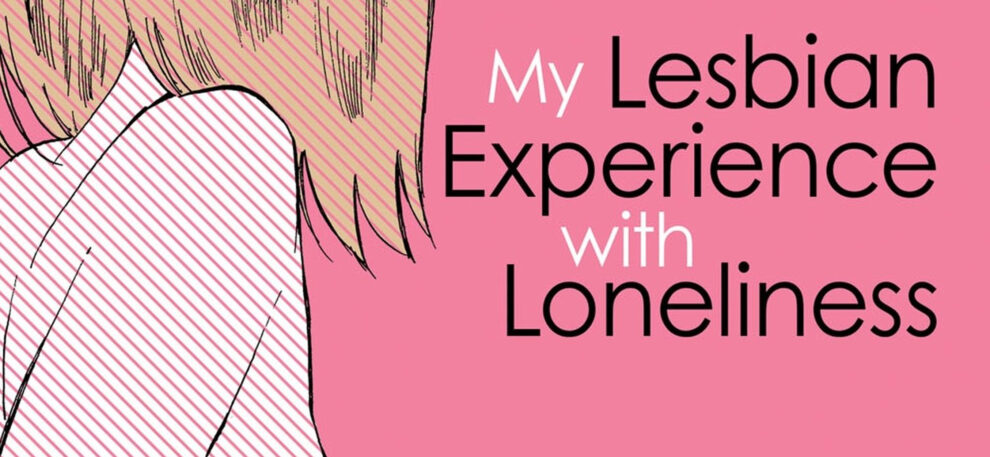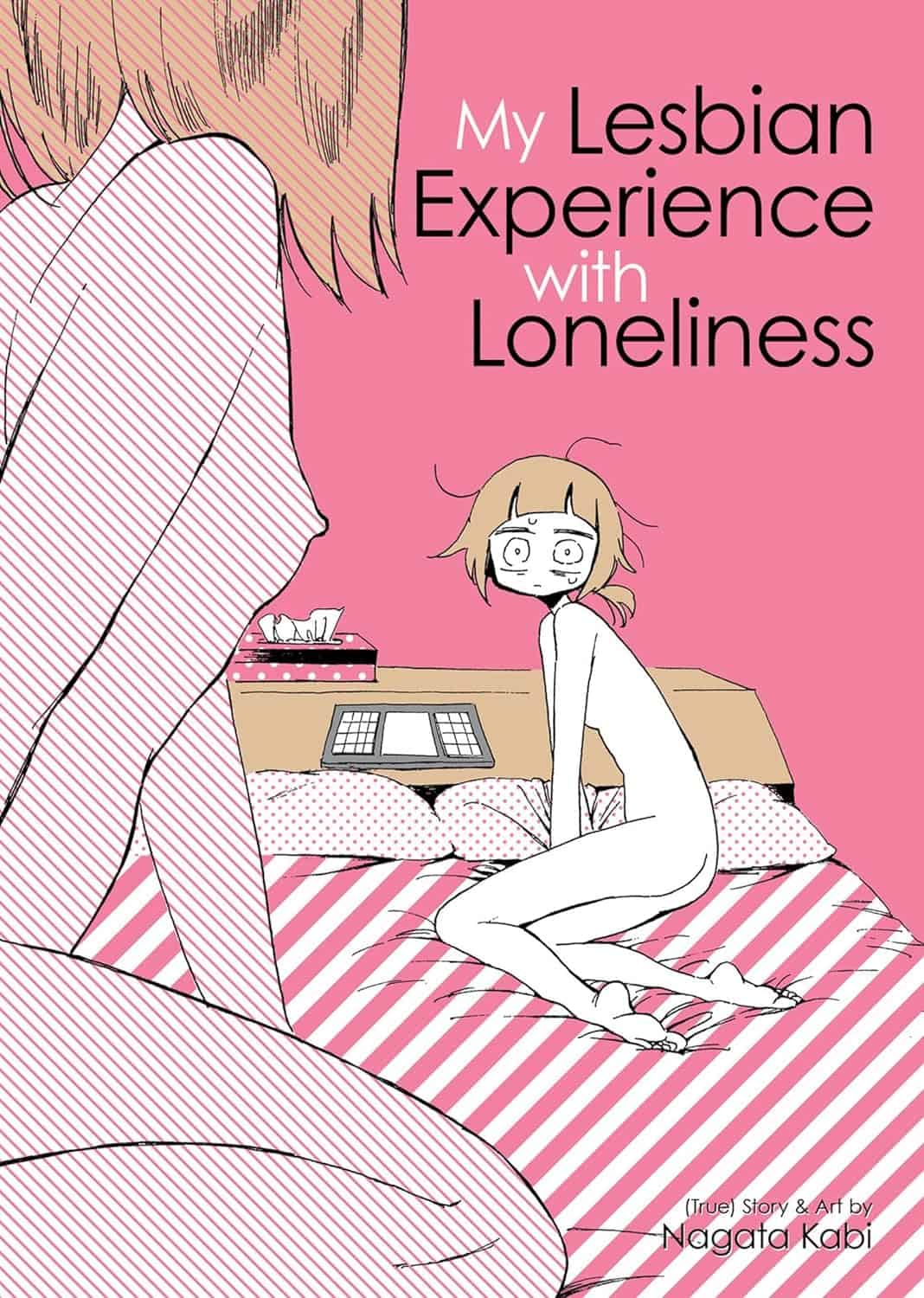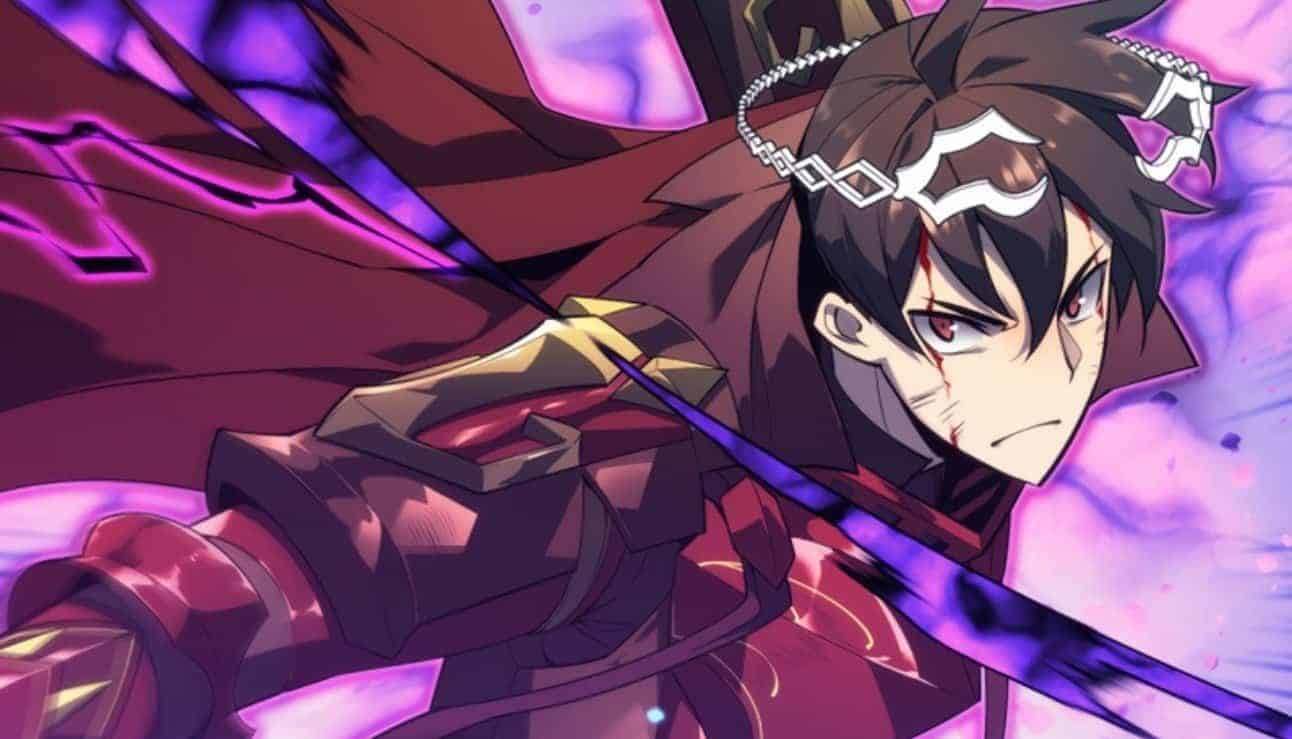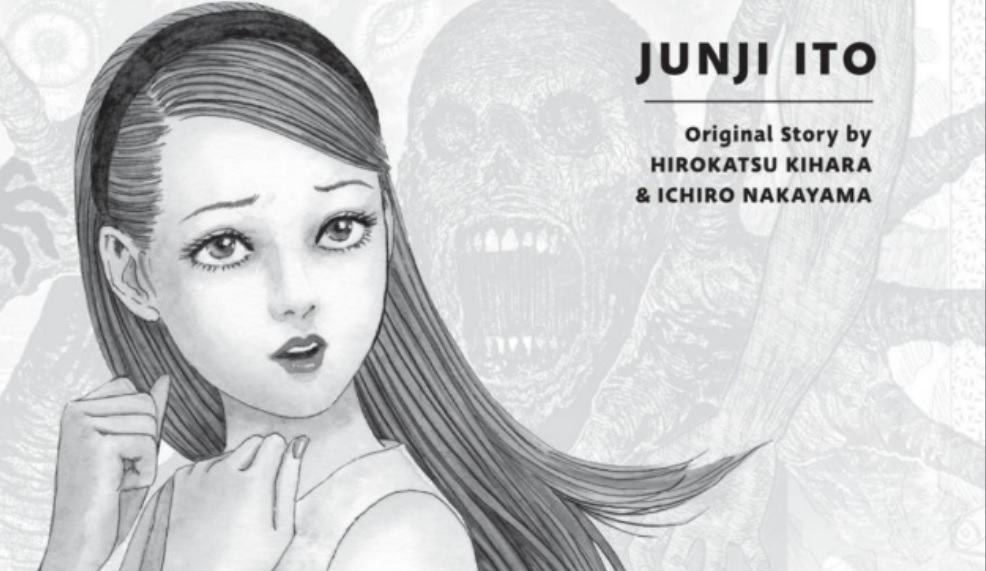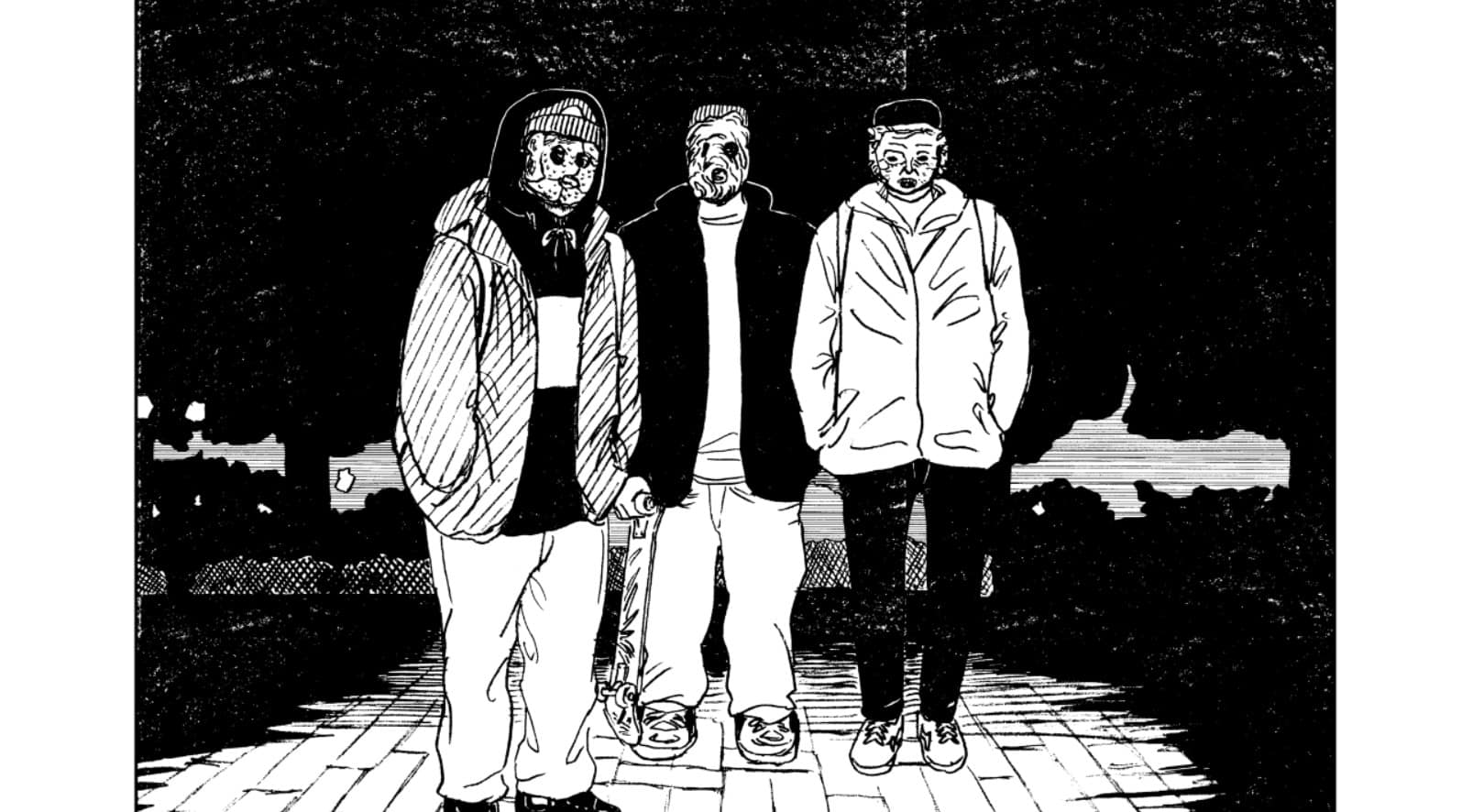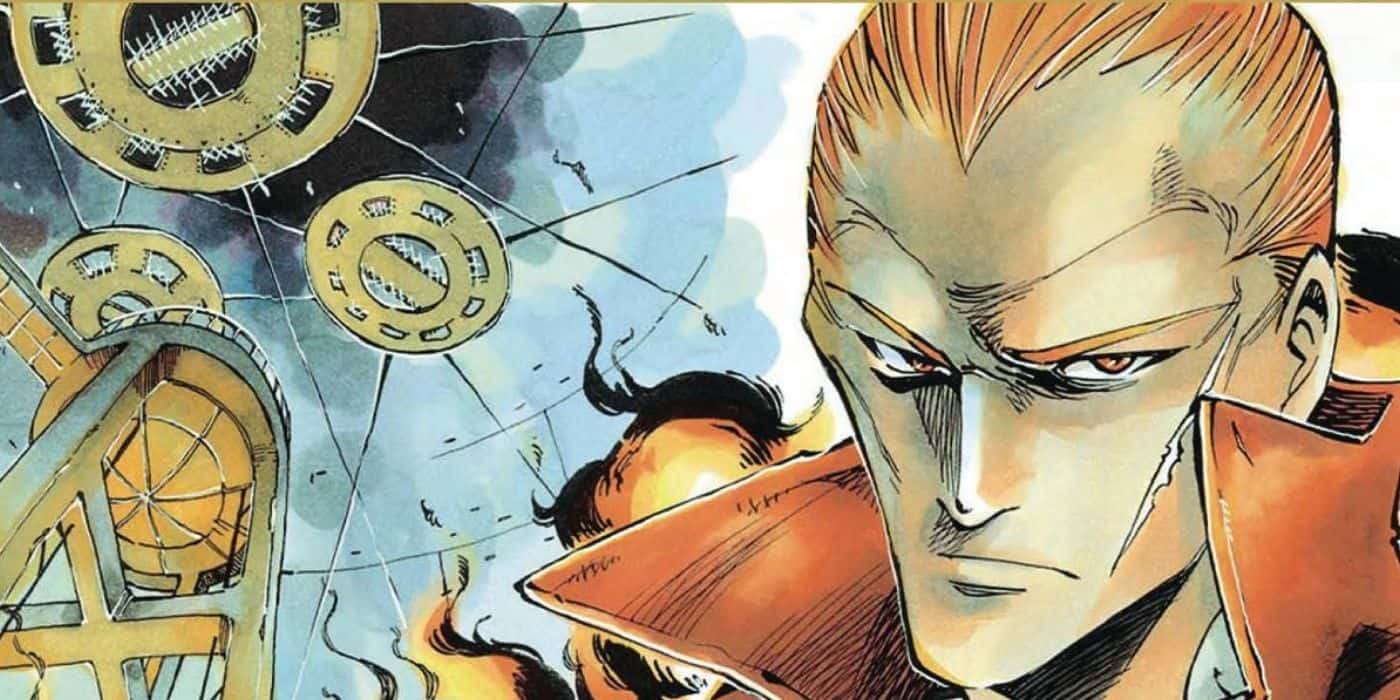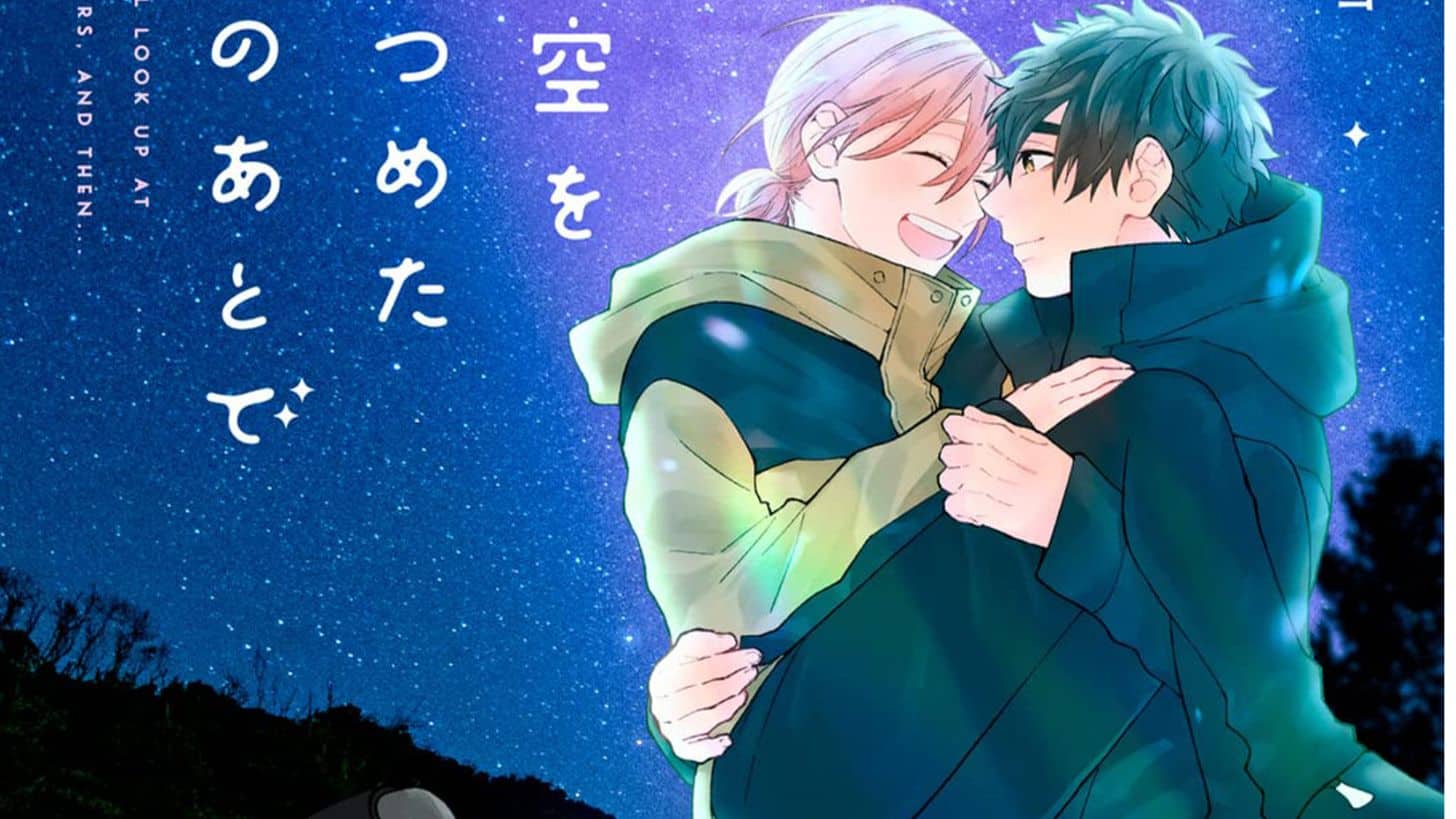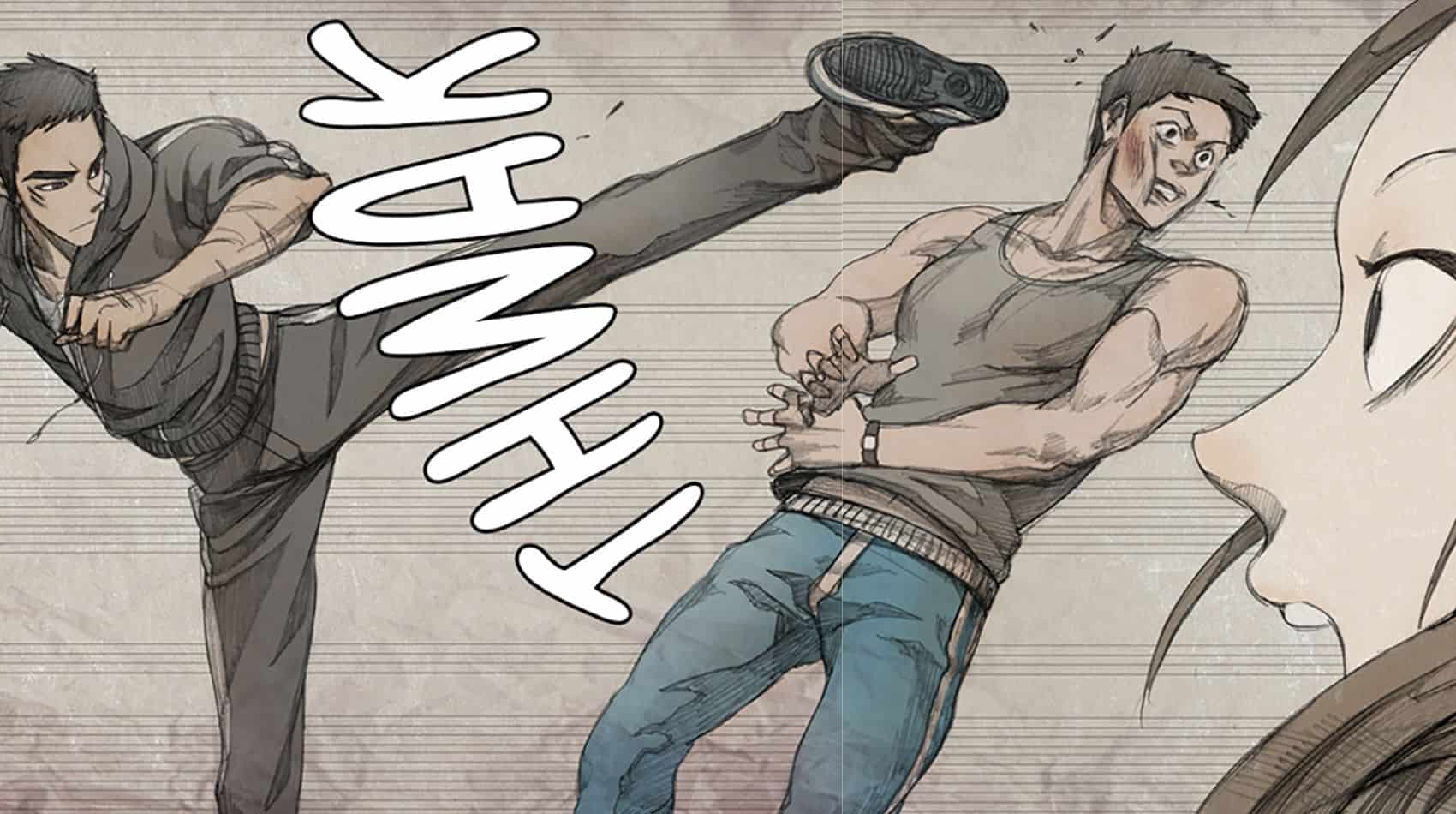Nagata Kabi's autobiographical debut manga, published in 2016, opens with the tragic absurdity of a sitcom – the awkward moment Kabi experiences sex for the first time. With a female sex worker, for that matter. Vulnerable, but still with tongue in cheek, the scene seems to say: You must be wondering how I got here. A sentiment that rightly sums up the manga's raw but humorous agony. Kabi's short but unmissable first volume on sexual awakenings, quarter life and mental health crises is a sincere thrust of the personal heart. Though overtly expositional, the memoir vividly evokes the struggle to heal and exist against a conservative and aloof world.
Dropping out of college after 6 months, and finally belonging to nothing, Kabi is left with no choice but to embark on the real world. Trying and failing to find work and belonging, Kabi descends into a spiral of self harm, anxiety and depression. The manga details her tumultuous battle with self-doubt and realization, bringing on reflections of her identity: as a daughter, an aspiring manga artist, and to her surprise, as a lesbian woman. Without trims, Kabi's frayed account presents the full messiness of mental health: social factors, comorbidities and intersectional struggles all come into play. But despite the manifold themes and subjects such as queerness, addiction and family trauma, Kabi's narrative only grows all the more genuine and relatable.
As she discovers and begins mining the well of her previously masked sexual repression, Kabi finds nodes of repression across her whole life, being denied the right to live as her authentic self. This use of autofiction is not new in the history of self-exploratory lesbian literature, of which “Oranges Are Not The Only Fruit” and “The Well of Loneliness” are most commonly noted. But within this trend, “My Lesbian Experience With Loneliness” pursues its own unique version of spiritual discovery and acceptance with a sheepish brand of self-deprecating humor. Kabi's illustrations of herself are almost never without unruly strands of messy hair, poking out as she reels from the trenches of anxious thoughts or tearful breakdowns.
8 years on from the manga being published, Kabi's practice also presents a worthy precursor to the now rising trend of self-deprecating dark comedy in feminist autofiction. A comforting shift from the idealist #girlboss archetype, presenting women in an empowered or empowering light, to telling stories about ‘imperfect', everyday women. Often semi-autobiographical and confessional in nature, the escapades of “Fleabag” or Sayaka Murata's unbothered “Convenience Store Woman” are thoroughly unpolitical, and do not charge women with a constant responsibility to attain equality. Similarly, Kabi's explorations of herself as a reserved, queer, depressed, touch-starved woman validates the vastness of the female experience beyond our tussle with the patriarchy.
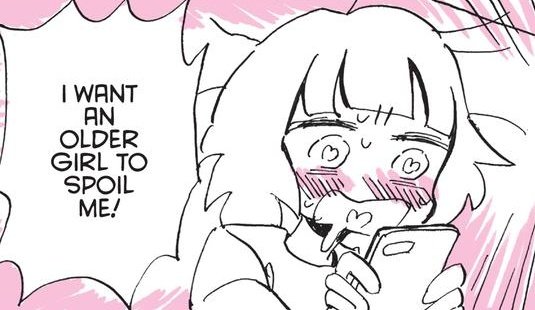
Like many raised in traditional or conservative Asian families, Kabi is given a benchmark for every aspect of life: career, marriage, appearance. Throughout Kabi's recount of her exploits, especially during her unfortunate stint as a cashier, she discovers a deep ache for belonging and warmth, to be accepted without the pressure to live up to a standard. Kabi's signature style lays bare simple memories and scenes of life, such as memorably heartfelt panels where Kabi admits to finding pleasure in clinging to her mother, and yearning for her comfort. The treatment of her human fears and desires are materialized head-on in simple black line work and whimsical pink tints, yet never overstated and fetishized. For readers, Kabi's endearing confessional is a space where feelings of doubt and embarrassment are familiar, and allowed to thrive.
“My Lesbian Experience with Loneliness”, which first found its way into the world through an online platform, quickly gained traction on the ground for its accessibility and an unflinching but hopeful nature. Expectedly, the volume went on to win both the Harvey Award and Crunchyroll Anime Award for Best Manga. Kabi eventually published a sequel, “My Solo Exchange Diary”, followed by several more vignettes detailing her struggles with life and mental health. Kabi's continuing tales are testament to the realities of managing mental illness. It's a daily battle, with wins and losses. Yet a win is a win.
The ending of the first volume sees Kabi allowing her sexual self to exist, her interest in women to flourish and eventually, her desire to pursue manga as a career to take flight. A beginning of culling away years of indoctrinated social and parental pressures, to exist bravely without the need to justify herself. As her story arrives back to the ‘scene of the crime', the embarrassing, fearful, awkward first lesbian experience becomes Kabi's symbolic moment of truth after years of confusion and pain.


